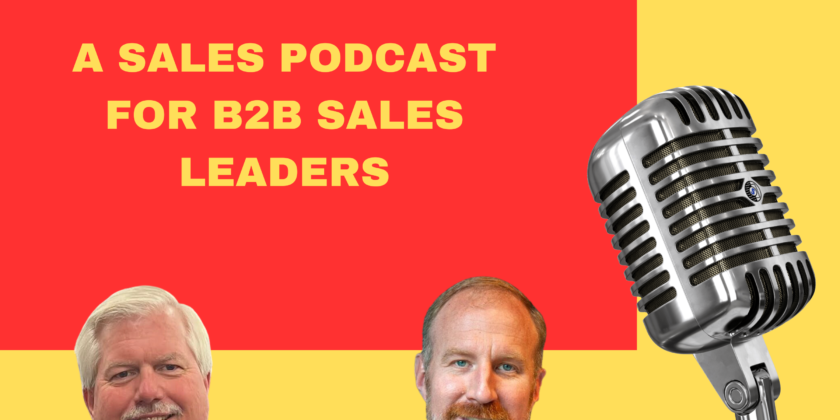In this episode of Two Tall Guys Talking Sales, hosts Kevin Lawson and Sean O’Shaughnessey delve deep into the salesperson’s value in the modern sales process. Our hosts discuss how the salesperson’s role has evolved with the advent of the internet and the importance of building trust with potential buyers. They also talk about redefining buyer needs and how to differentiate your product or service in the market.
Key Topics Discussed
- The Salesperson as a Value Carrier: With a wealth of information available online, the salesperson’s role is to add value to a buyer’s perceived problem.
- The Importance of Trust: Building and transferring trust from the seller to the buyer is the essence of a successful sale.
- Unique Selling Propositions: Every salesperson has a unique aspect of their product, their company, and themselves.
- Redefining Buyer Problems: It’s important for the salesperson to understand the root cause of the buyer’s problem to provide a tailored solution.
- Ask Better Questions: To create value separation and reframe buyer problems, salespeople need to ask insightful questions.
Key Quotes
From Sean: “Sales is nothing more than the transfer of trust from me because I trust my product… Transferring that trust to the buyer and having the buyer then have that trust that I can actually solve the problem that’s at hand is what sales is all about.”
From Kevin: “The salesperson and sales leader, their whole job is to become the differentiators. The salesperson has to become that value. And it’s not just a value of, ‘Hey, I’m different. Hey, I’m cheaper.’ We’re not competing on price here; we’re competing on actual customer-facing value.”
In the age of readily available online information, a salesperson’s job is no longer just about conveying product details. It’s about building trust, understanding the root of the customer’s problem, and providing them with unique solutions. Join Kevin and Sean in this enlightening episode as they redefine the role of the modern salesperson and provide actionable insights to excel in the evolving sales landscape. If you’re ready to take your sales skills to the next level, this episode is a must-listen. Remember, sales success is not just about selling a product but also about being the value a buyer seeks.




